Is AI-Generated Music The Next Big Thing Or Another Copyright Nightmare?

The music industry has witnessed a surge in the use of artificial intelligence (AI) in various aspects of music production, distribution, and marketing. As AI-generated music gains popularity on streaming platforms such as Spotify and Apple Music, Universal Music Group recently issued a statement urging these platforms to discontinue allowing AI to train on their datasets and remove AI-generated music. This decision follows the viral success of “Heart On My Sleeve,” an AI-generated hit that emulated the styles of popular artists like The Weeknd and Drake.
Using AI in music raises important concerns regarding copyright laws and creator protections. Visual artists have already experienced copyright issues due to their works being used to train AI models, resulting in lawsuits against the companies using these models. Similarly, music creators and rights holders are apprehensive about potential copyright issues, which could not only affect the music industry but also other forms of entertainment. This highlights the need for robust legal frameworks to address the complex intellectual property issues arising from the use of AI in creative endeavors.
The music industry is a precursor to upcoming developments in various fields. The emergence of AI is not merely a fad, but it is revolutionizing procedures, decreasing barriers to entry, and eliminating certain job roles. With the increasing potency and availability of AI, audiences will be equipped with more robust and user-friendly tools to create on their own. The music industry needs to confront the wider concerns about creator rights and resolve the dichotomy between market demands for rapid expansion and the challenges posed by AI.
The ascent of AI-generated music poses a major hurdle for the music industry in terms of scalability. While AI has the potential to transform the industry, unregulated expansion could destabilize the market. Furthermore, the existing issues related to streaming compensation and the increasing number of DIY tools that empower creators add complexity to the situation. Despite this, the artists’ direct sector remains the most rapidly expanding segment of the music industry, owing to the abundance of accessible DIY tools, and the industry must find ways to address these challenges while adapting to the changing landscape.
The music industry is faced with the challenge of determining who holds the responsibility for the results generated by AI algorithms that utilize underlying datasets of creators’ work, and whether it lies with the creators themselves, the AI’s parent company, or the end user who inputs the prompt. It needs to define what is meant by a “ban” of AI music on streaming platforms and who is excluded. Overly restrictive measures that exclude even casual creators could result in them seeking alternative platforms, such as TikTok, which are less tied to the requirements of labels and may capitalize on this trend.
The entertainment industry is at a crossroads and must make a decision about whether to impede the progress of AI or embrace its potential. Although the obstacles are significant, the possibilities are vast. The industry must explore ways to integrate AI into existing software, either as a virtual assistant or by providing suggestions based on prompts. AI can be leveraged to enhance vocals, such as through the use of autotune, or to generate them from scratch. Some artists, like Holly Herndon, are already incorporating AI into their work, while others, such as Miquela, are entirely artificial. Platforms such as covers.ai offer users the ability to create songs in pre-existing styles using AI-generated compositions.
The challenges posed by AI-generated music must be addressed, which may impact not only the music industry but other entertainment genres as well. This includes answering questions about copyright and creator protections, finding ways to incorporate AI that benefit creators and rights holders, while also protecting them.
For those seeking to stay informed on the latest news and trends in the music industry, go to the MPT Agency Blog. Stay updated on the recent developments and follow MusicPromoToday.
Subscribe To Our Music Marketing Newsletter!
News about music marketing strategies to the music business and beyond.
Delivered to your inbox once a week.




